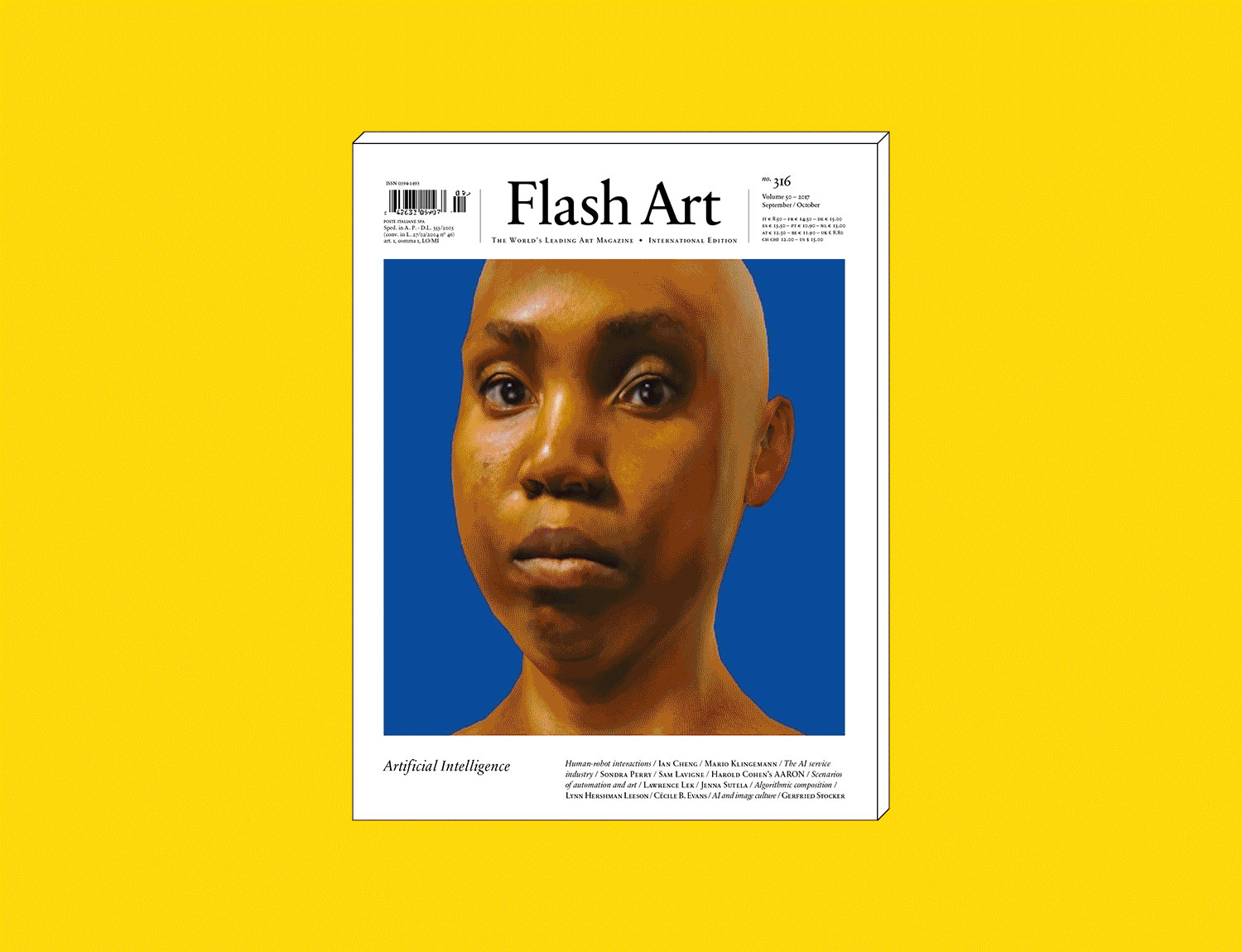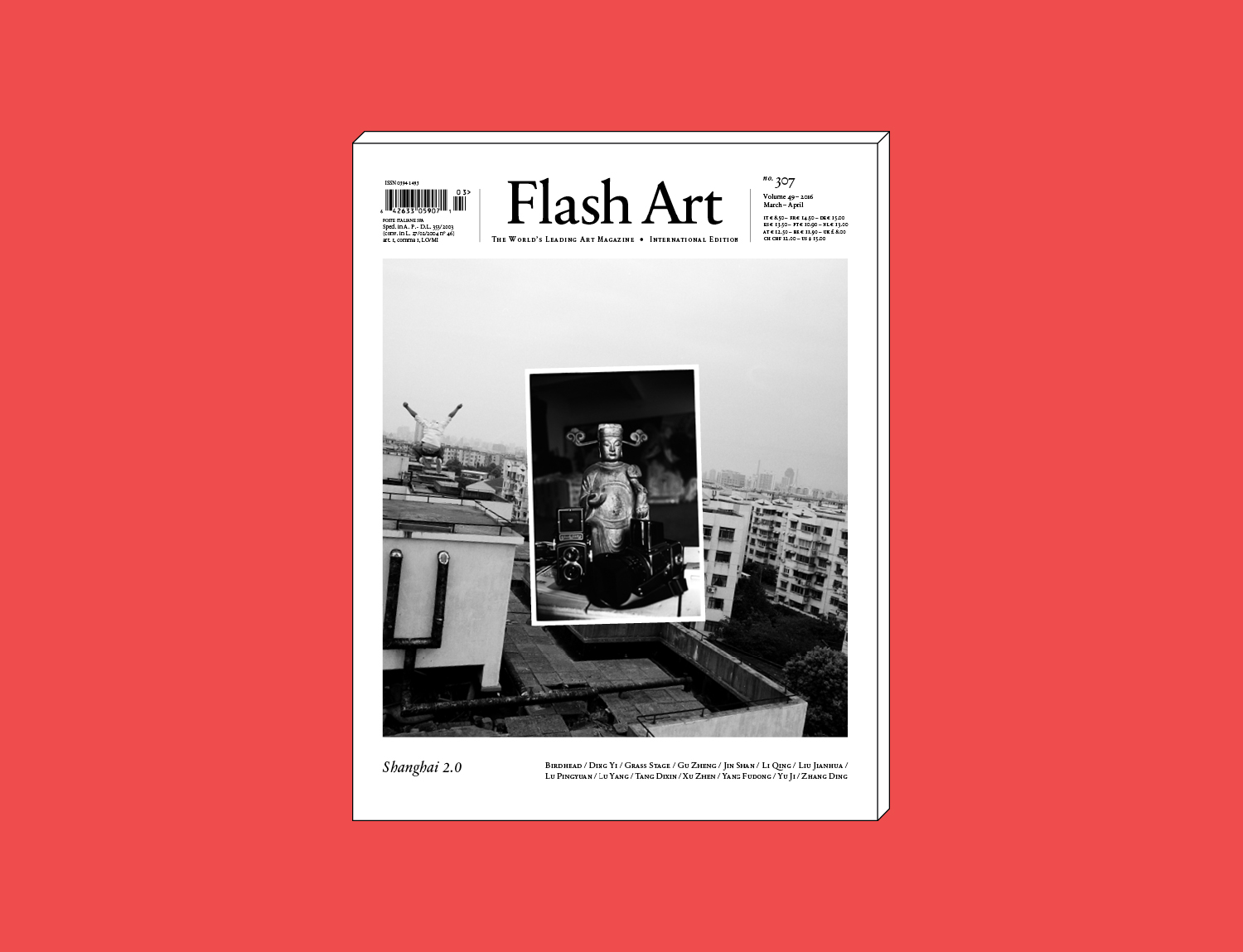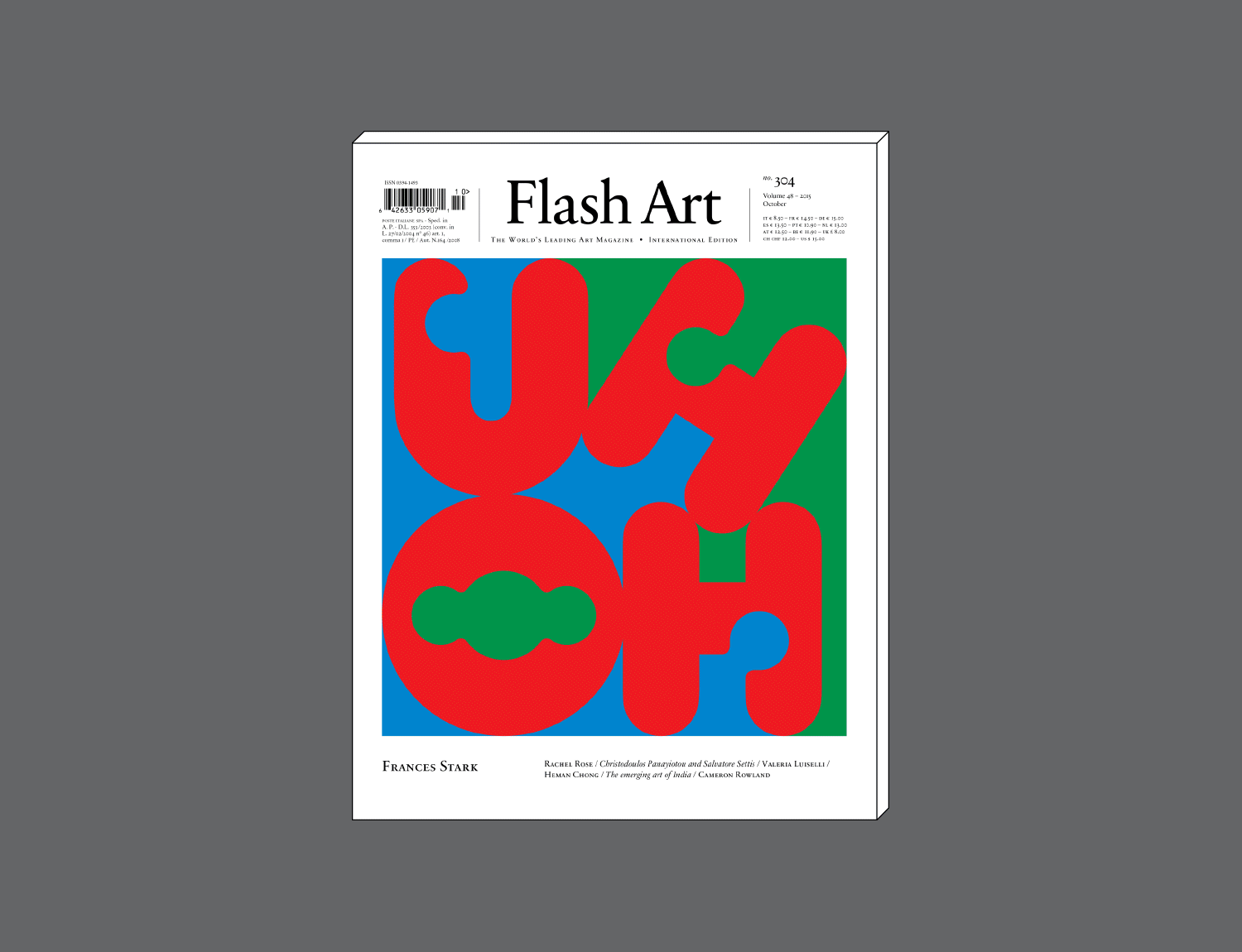“Thus, one of the things that anyone’s character or personality is is a record of the highly individual histories by which the fleeting emotion of shame has instituted far more durable, structural changes in one’s relational and interpretive strategies toward both self and others.”
—Eve Kosofsky Sedgwick¹
In 2016, I was asked by Flash Art to review Jill Soloway’s (lamentably short-lived) Amazon series I Love Dick. I assume that I was considered suitable for the job because, as a queer/feminist art historian, I must have watched Transparent, and such an assumption is indeed reasonable. Without thinking, I replied yes, of course, I love Soloway’s work. In fact, I had never seen Transparent, and I knew little about Soloway aside from what her work represented, at least within the thin slice of the culture industry from which I operate. I wanted to support someone who I thought was doing important things; the content of Soloway’s larger opus seemed secondary, or maybe I was just lazy. That was a little over two years ago, and I have thought about my impulsive decision at least weekly since.
Time passed and I naturally had to read Soloway’s new memoir She Wants It: Desire, Power, and Toppling the Patriarchy, which I speedily consumed on an eleven-hour plane trip to a conference. Upon finishing, I must admit that I felt profoundly empty and could not entirely articulate why. Sure, the book fails in some ways that have been pointed out (in an unhelpful fashion, I think) elsewhere—it is at times out of touch or overly sentimental or didactic or essentialist. However, it is impossible to speak to queerness or trans-ness without falling into problematic traps, without wanting to speak for everyone at times or only for yourself at others, without failing to recognize one’s privilege, without engaging in methods that seem retrograde or antiquated. We have all embodied a politics that fails in some respects. Take, for example, Jack Halberstam’s commentary on the belatedness of queer identification: “As someone who sexually identifies as a ‘stone butch,’ I am always surprised to hear that apparently there are no stone butches anymore! People often tell me that stone butch was an identity bound to the 1950s and apparently dependent on a preliberation understanding of lesbianism or queerness.”2 Of course, one can identify however one wants, but the political question of “But should you?” often complicates the agency of those who have come to speak in proximity to (not even for) marginalized communities. Such was the case for Soloway, who has been lambasted by writers and activists like Andrea Long Chu for the decision to identify as nonbinary, though such critiques often resemble a new conservatism or policing that falls prey to the elitism and cruelty exhibited by many writers whose primary creative outlet is Twitter.
Halberstam goes on, “So what does it mean to engage in a sexual practice whose time is past?”3 And what does it mean to engage in an identity politics whose time is allegedly past? She Wants It hopes to mobilize rhetoric drawn from second-wave feminism, with all its successes and shortcomings, alongside the advances made by trans activism. Like Lena Dunham, Soloway experienced an extraordinary backlash for attempting to utilize an identity politics of an earlier moment that has been endlessly parodied in academic and popular discussions of feminism alike — the goddess, central core imagery, consciousness raising, the possibility of coalition-building based on gender. Criticisms of these methods certainly deserve to be levied — but with an ounce of foresight and empathy, for it is not queer or feminist to denigrate the well-meaning activism of others. In any case, queerness often requires problematic attachments, sometimes to ideologies with which you violently disagree or that you feel may erase you; no one can say with surety that they have never wanted something that has marginalized someone else.
None of this really surprised me, as these are debates that have been going on for some time in queer and feminist theory, so whence my discomfort with She Wants It? Upon landing in Copenhagen, I texted my boyfriend, who promptly asked what I thought of the book. All I could think to reply was, “I think Jill is very sad about something.” I know that is presumptuous to say, but shame and melancholia are often as coextensive with queerness as joyful liberation. I saw Soloway trying desperately to grapple with mistakes and complex decisions whose magnitude we cannot comprehend, because, and this is the unfortunate truth, some voices will always resonate more widely than others. Thus held universally responsible but in no way claiming to speak for anyone else, She Wants It is often a story of self-disappointment and paranoia and regret. However, Soloway does not become a melodramatic stereotype with which we can all identify. Instead, and contrary to those who attack Soloway’s essentialism, the book is so resolutely individualized as to refute any kind of projection or identification or collectivization. There lies, I think, why I found She Wants It so upsetting — its insights swirl around you like dust, but nothing ever gets in your eye, as much as you yearn for contact or community. Tears held back and not extracted. Nothing quite sticks to you. This is not a book that speaks for anyone else; it articulates only itself and allows Soloway some space from what they have come to represent in narratives of queer visual culture.
I have finally started watching Transparent, and I think my hypothesis is confirmed. It is one of the most extraordinary things I have ever seen. What intrigues me is that within Soloway’s activist cinematic statement is a stream of characters who bear traces of pathos we recognize, even while remaining intensely enclosed and unrecognizable, trapped in the screen and in their own self-destructive arrogance. At the same time, however, someone might see themselves in Maura’s story, or Tammy’s (my favorite), or even She Wants It, and we have to create a politics wherein that choice, as sentimental, regressive, or abrasive as it may be, is provisionally alright.





